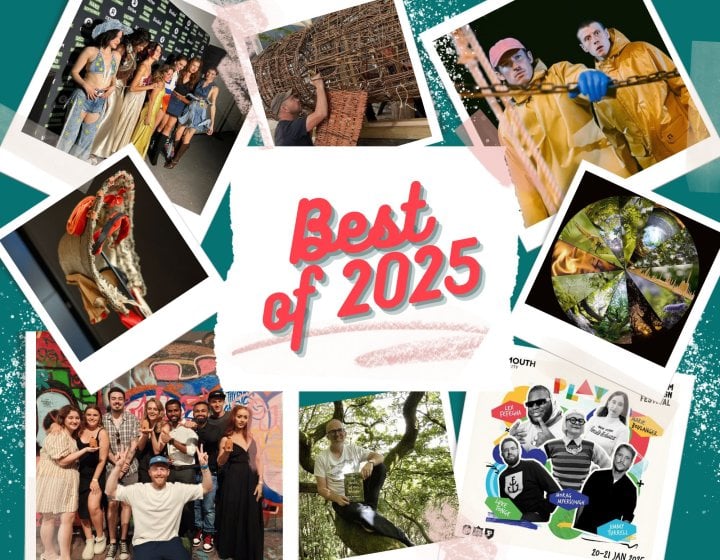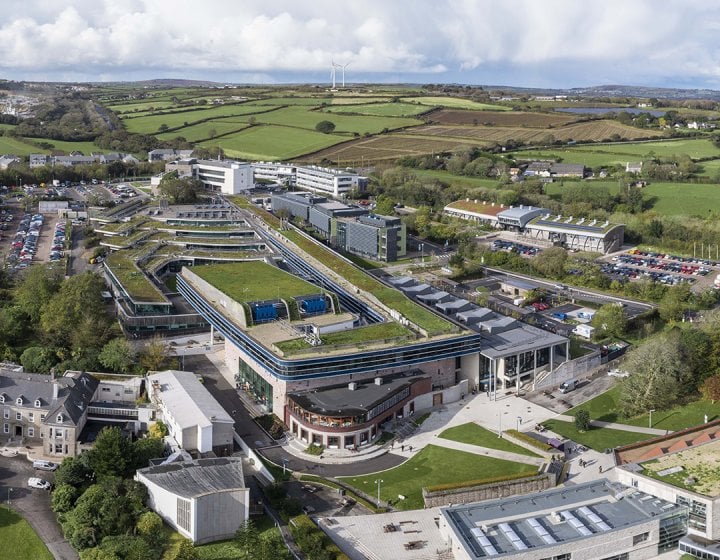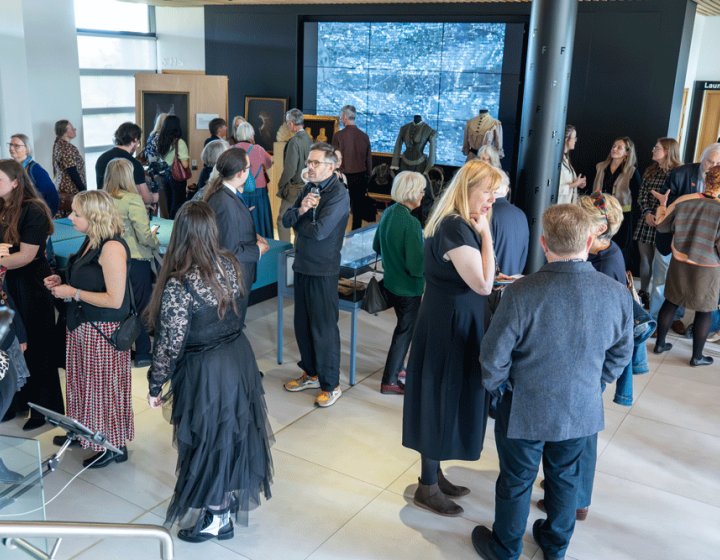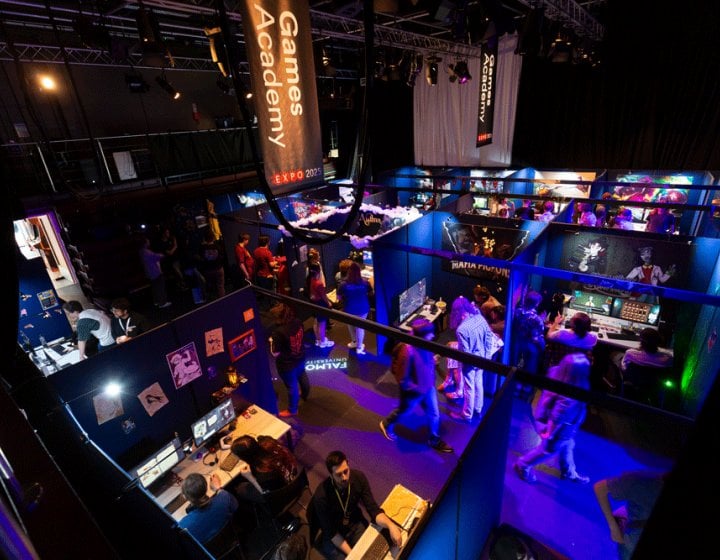Falmouth and Tongji universities launch augmented reality research programme
04 March 2022
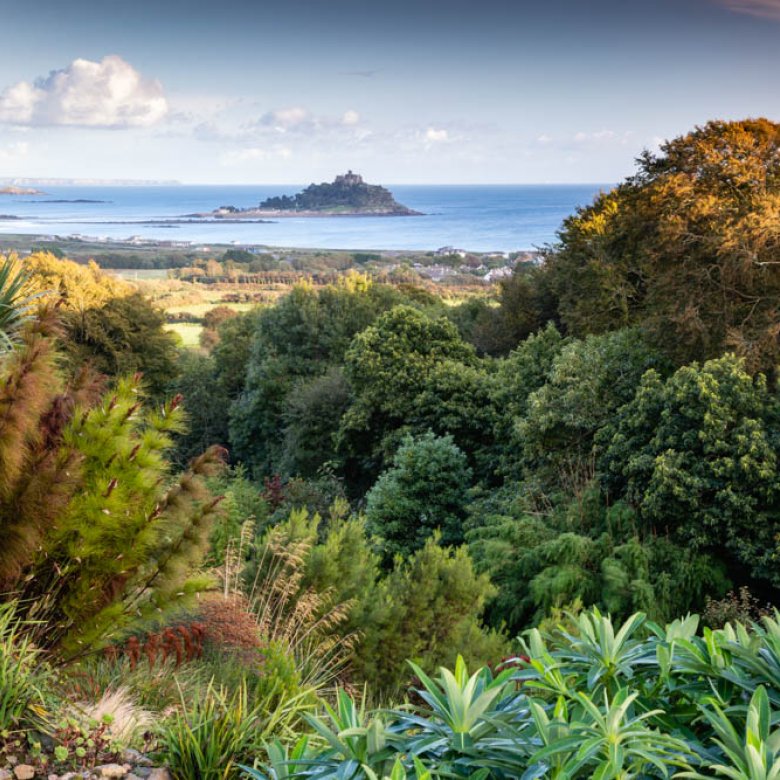
Chinese-Cornish collaboration will see regional garden attractions working together with researchers and digital companies to create augmented reality experiences for new and diverse audiences.
Falmouth University has been granted a £100k award by the Arts and Humanities Research Council (AHRC) along with researchers at Tongji University, digital partners VisionStar and the administration of the city of Suzhou, Jiangsu Province.
The prestigious award will explore a range of options and recommendations for public gardens around their use of augmented reality and virtual tools to inspire and delight diverse new audiences.
In recognition of the role gardens play in shaping local and regional culture, each locale will develop their own bespoke artefacts and participatory exhibit to help tell their story, engage non-traditional audiences and potentially – build on the research and exhibition to develop more innovative technology applications in the future.
Falmouth will be working with Cornwall’s Tremenheere Gardens to identify experiential game-based methods of engaging new visitors to the site.
Suzhou city’s multiple garden attractions date from the ancient Ming and Qing dynasties, with Humble Adventurer’s Garden, Net Master’s Garden and Lion Grove Garden among the most popular sites.
With extensive experience in game development, immersive technology business assistance and app design, our teams’ research is producing new knowledge that will help other small gardens leverage the engagement potential of AR.
The cross-border collaboration aims to see both institutions creating their first AR exhibitions in the late summer/early Autumn, with each university taking its own approach to the challenge of collaboration, and regularly comparing notes to see what they can learn from one another. The partnership could set the ground for more innovative technology solutions for tourist sites in both countries, using the shared data and prototypes created.
The project comes at a time when UK and Chinese videogame sectors are under increasing pressure to diversify their audiences and applications. With location-based games like Pokémon Go and Animal Crossing reaching millions around the globe, games companies are currently developing a multitude of AR tools and experiences to respond to increasing consumer demand.
Dr. Doug Brown, Falmouth University’s Principal Investigator and Director of the Games Academy, says AR experiences will increasingly find their way into our daily lives – just as QR codes, Bluetooth and face recognition technology have via our smartphones in recent years.
A blossoming future for Augmented Reality at tourism sites
Falmouth was identified as a suitable partner to accelerate the research due to its role and impact in Cornwall as an anchor institution, closely aligned with the economic needs of the region.
Working closely with heritage and tourism bodies, the University has so far developed the Augmented Telegrapher AR project with Porthcurno’s Telegraph Musuem, co-created the immersive WaVE project with Cornish Musuems Partnership as well as an immersive digital experience for visitors of The Kerdroya Project, a “Cornish Landscape Labyrinth” and major piece of permanent public art on Bodmin Moor.
This AHRC-funded project reflects the growing need to recognise the need for public gardens and tourist attractions to develop new audience and exhibitor strategies in order to remain competitive.
Being able to continue the University’s work boosting the engagement and enjoyment of our heritage sites here in Cornwall is a great opportunity.
Dr. Doug Brown is delighted to be working with Tongji University on this exciting new initiative. Explaining the impact this project could have, he says: "With extensive experience in game development, immersive technology business assistance and app design, our teams’ research is producing new knowledge that will help other small gardens leverage the engagement potential of AR. More consumers than ever before have a smartphone, so it makes sense to design AR applications that take advantage of the wide variety of smartphone owners and create experiences that can bring multi-generational family members together.
“The work will not only provide an interesting context to look more deeply at our cross-cultural values and aesthetics, but also represents a chance to consider the role of public gardens in our appreciation of the natural world and in ‘plant tourism’ more generally. Being able to continue the University’s work boosting the engagement and enjoyment of our heritage sites here in Cornwall is a great opportunity.”
